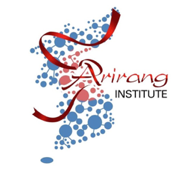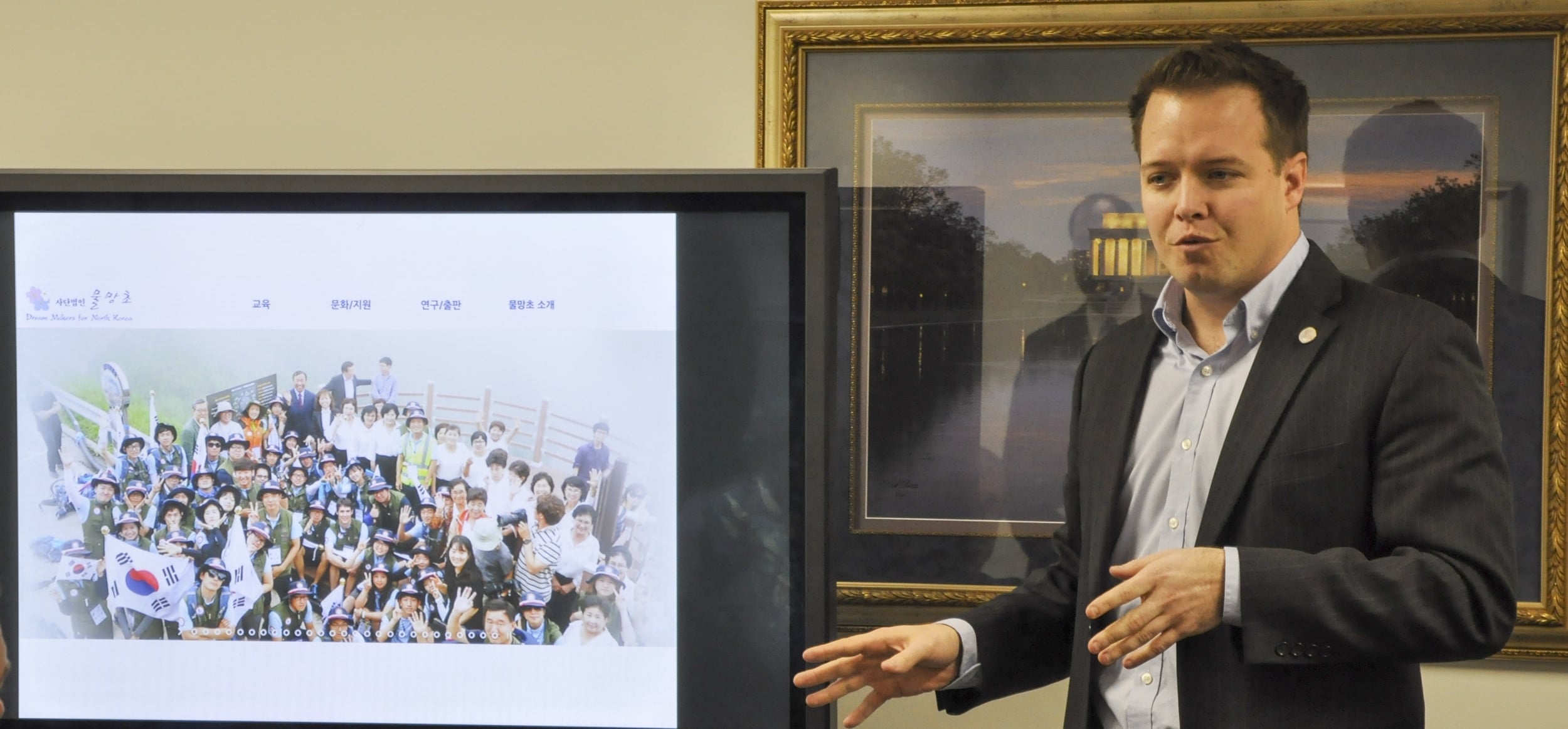5년 전 석사학위를 받기 위해 한국에 왔다. 미국에도 한국학 전공 대학원이 있고, 한국어, 한국역사, 한국에 대해 공부할 수 있지만 사실은 직접 한국에 와서 한국음식을 먹고, 한국어로 얘기하고, 한국문화를 배우고, 한국 사람과 직접 만나 대화를 나누며 한국에 대해 알아가고 싶었기 때문이었다.
고려대학교에서 석사학위를 받기 직전 인생의 전환점이 있었다. 당시 미국으로 돌아갈까 한국에 계속 있을까 고민 중이었는데, 나의 한국 친구들은 미국에 돌아가 박사학위를 받는 것이 더 좋을 것이라면서 무조건 미국으로 돌아가라고 추천하는 것이었다. 미국에 있는 친구와 가족들의 의견도 마찬가지였다.
그럼에도 불구하고 내 마음이나 머릿속에서는 왠지 모르게 한국에 계속 있어야 할 것 같은 느낌이 들었다. 한미관계 전문가나 한국과 동아시아 전문가가 정말로 되고 싶다면 한국과 먼 미국의 대학원에서 한국을 공부하는 것이 이상하지 않겠는가? 한국을 공부하려면 한국에 있어야 하지 않겠는가 하는 생각이었다.
게다가 동시에 우리 가족의 비극이기도 했던, 간암과 싸우는 어머니가 돌아가셨으니 나는 혼란스러웠다. 가족과 아버지의 허락을 받아 나는 북한대학원대학교에서 박사과정을 시작했고 한국에 계속 살기로 했다. 그 결정은 나의 인생을 바꿔버렸다.
이 글을 통해 나는 한국 사람들에게 감사한 마음을 전달하고 싶다. 즉 한국 친구들에게 감사의 마음을 전달하기 위해 이 글을 쓴다. 친구들이 없었다면, 나도 없다. 미국의 대학교수가 된 것, 아리랑 인스티튜트(Arirang Institute) 활동 등은 모두 나의 한국 친구들 덕분이다.
2년 넘는 동안 아리랑 인스티튜트 서울지부장으로 근무해온 이유를 묻는 사람들이 많다. 왜 통일, 남북관계, 한국 문화, 아리랑이냐고 묻는데, 사실 아리랑 인스티튜트는 나의 꿈이 아니라 한국 사람들의 꿈이다. 나는 경로(channel)일 뿐이다.
사실 아리랑 인스티튜트는 나의 꿈이 아니라 한국 사람들의 꿈이다. 나는 경로(channel)일 뿐이다.
단체를 세우기 전 친구들과 많이 상담했다. 남북관계개선을 위한 단체를 설립하는 것이 어떠냐고 물었더니 반응이 좋았다. 꼭 해보라고 응원했다. 친구들은 단체 이름까지 지어줬다. 한국에 지내면서 나는 한국인이 아니라는 것을 더욱 잘 알게 됐다. 아무리 노력해도 한국어, 한국문화, 음악, 음식 등등을 배우고 따라 해도 여전히 차이가 있고 다르다는 현실을 인정할 뿐이다. 하지만 그것도 나쁘지 않다. 괜찮다.
하지만 친구니까, 서로 사랑하고 좋아하는 친구를 위해 파이팅을 외칠 수 있다. 만일 내 친구들의 마음속에 분단된 나라에서 분단된 가족과 친구들을 만나기 위해 통일을 바라는 비밀스럽고 조용한 꿈이 있다면, 그 꿈을 이룰 때까지 평생 열심히 파이팅을 외쳐주는 것은 당연한 일이다.
나는 한국 사람은 아니지만 오케이다. 아리랑과 통일 역시 나의 꿈은 아니지만 역시 오케이다. 그것은 나의 사랑하는 친구들의 꿈이다. 나는 가을학기부터 미국에 있는 머시허스트(Mercyhurst) 대학교에서 조교수로 강의를 시작하겠지만 친구들의 꿈을 위해 계속 열심히 파이팅을 외칠 것이다. 함께 일하며 한국 사람들의 꿈이 이 세상 모두의 꿈이 되고 이를 이룰 수 있도록 애쓰며 나의 인생을 바칠 것이다.
이 글은 북한대학원대학교에서 2016년 가을에 발간될 '학인'지에 실릴 예정입니다.











